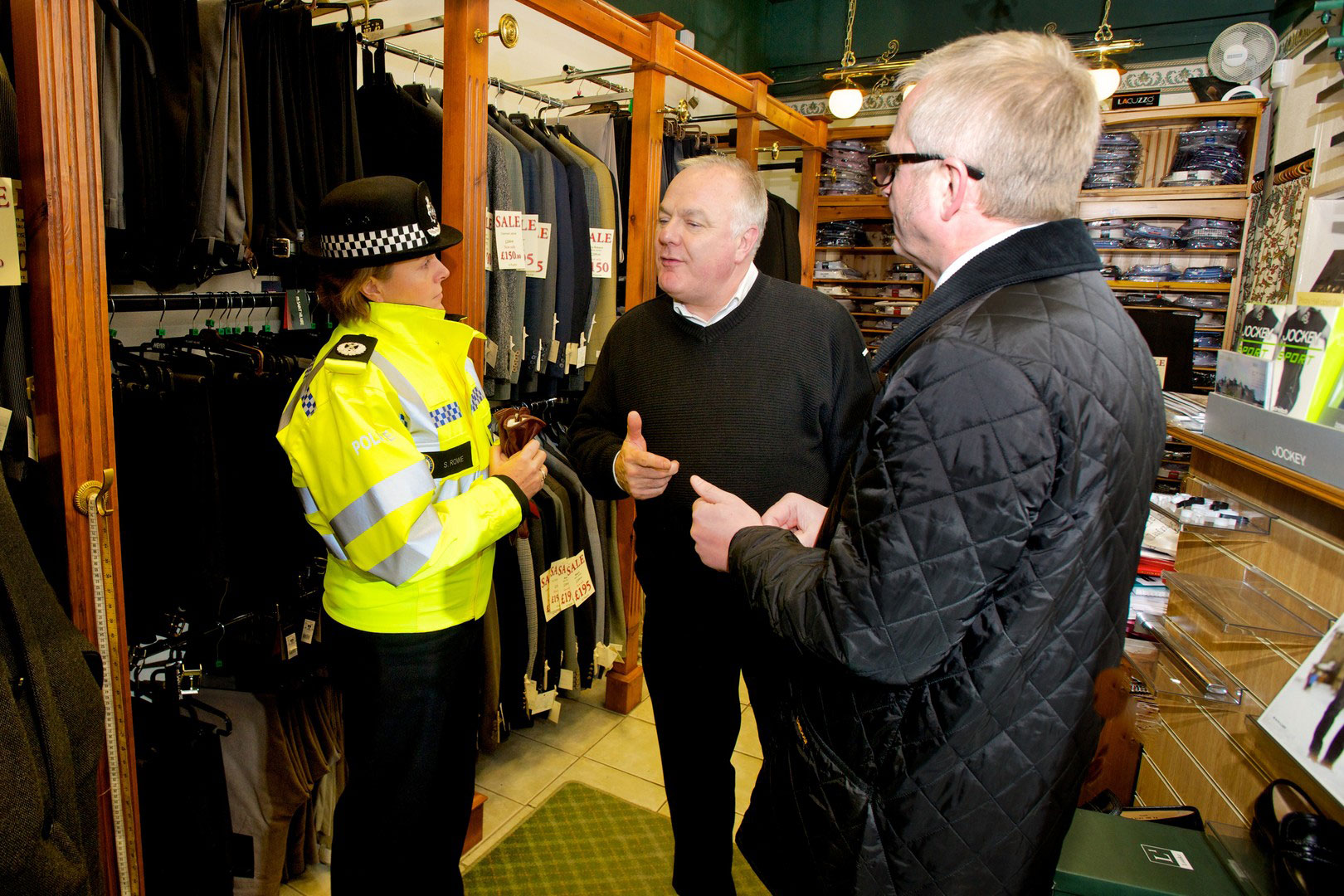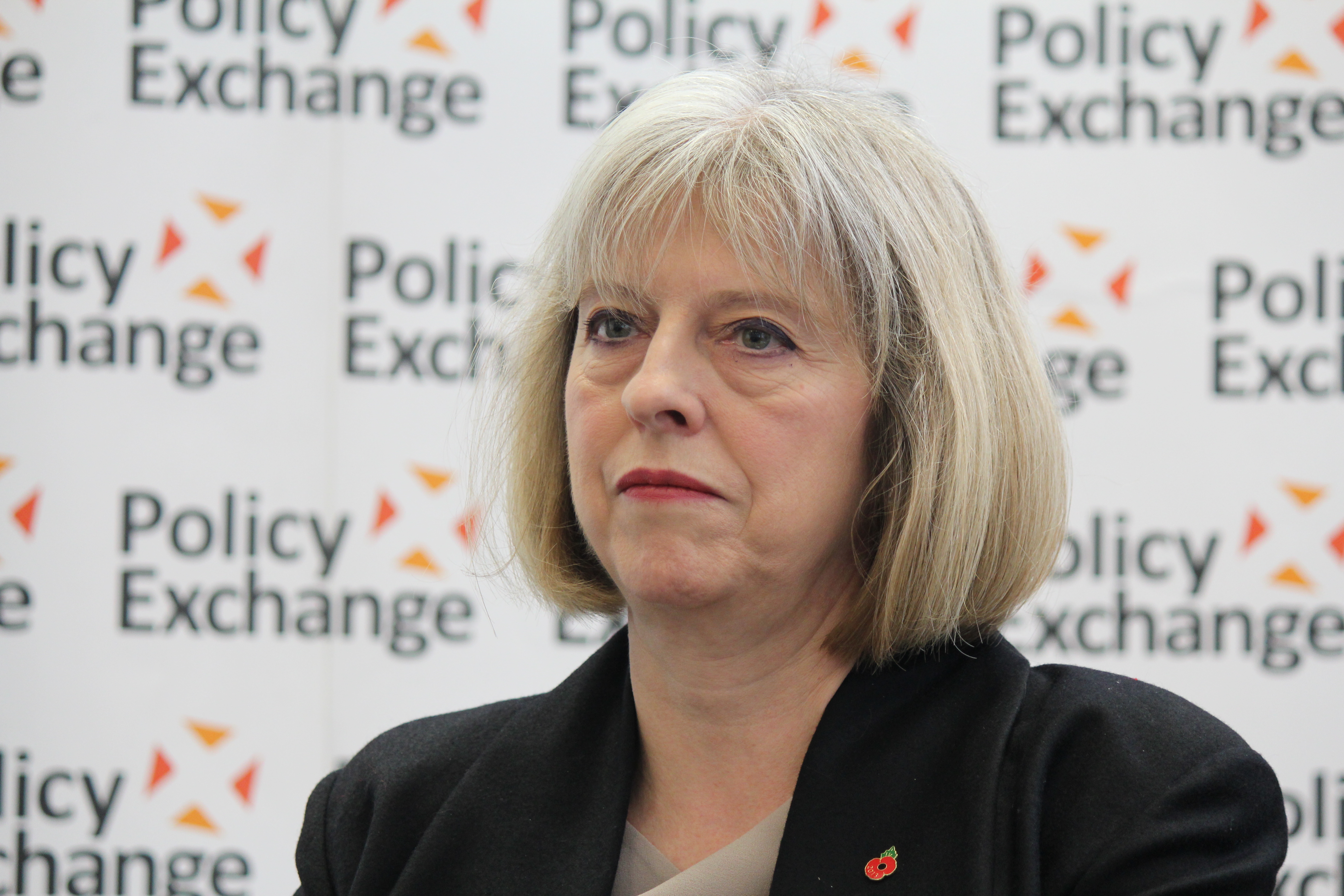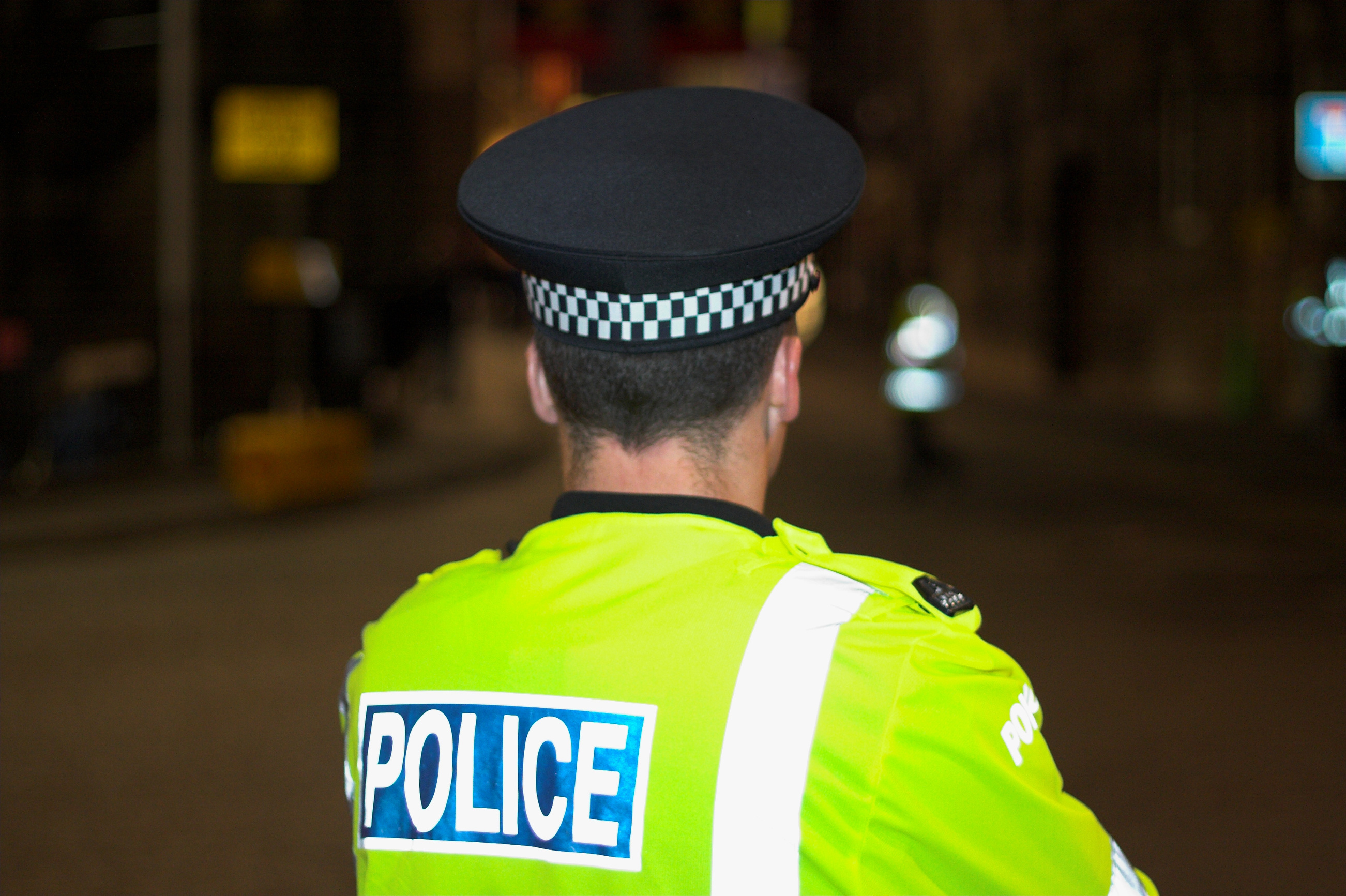On 5 May 2016, voters in 41 police force areas (excluding London) will go to the polls to elect Police and Crime Commissioner (PCCs). During the last PCC election, in November 2012, just over 36 million people were registered to vote in the elections, but only 5.49 million votes were cast (a turnout of around 15%). This is the lowest recorded level of participation in a peacetime non-local government election in the UK.
What are PCC’s?
The Conservative party, who formed one part of the coalition government with the Liberal Democrats, made the introduction of PCCs an election pledge in 2010. Elected PCCs are intended to be the democratic link between the public and the police. The government’s aims in setting up the PCCs were:
- to form a key part of the localism agenda – giving power over local issues back to local people
- to replace the system of police authorities which had existed since 1964
- to raise accountability, increase transparency and create legitimacy within local level policing
PCCs hire and fire chief constables, control budgets running into hundreds of millions of pounds and set local priorities for policing in their area. But when the role was introduced and the first elections for the posts held in 2012, turnout was disappointingly low . Public knowledge of the existence of the role was limited, as was understanding of the PCCs’ powers and responsibilities.

Image by West Midlands Police, via Creative Commons
Supporters of the scheme heralded it as a new age of local policing that was more responsive to local needs. But some critics have questioned the paradox of “independent” commissioners who campaign on a party platform and point to some of the potential challenges of what they call “politicising policing”. Others have questioned the notion of legitimacy when the turnout for the first election was so low and the understanding of the role of commissioners was so limited.
Further to this, as many as 44% of current PCCs are not standing for re-election this time round. As a result, there is some frustration that people will not have the opportunity to judge PCCs on their record. As the elections approach, PCCs have been engaging with local people to try and raise awareness of their roles and of the upcoming election to ensure a better turnout than the first time around.

Rt Hon Theresa May MP, Home Secretary, at ‘The Pioneers: Police and Crime Commissioners, one year on’ Image by Policy Exchange via Creative Commons
The next stage of reform: new powers for PCCs?
In February 2016, the Home Secretary, Theresa May delivered a speech to the Policy Exchange think tank outlining the challenges which have faced PCCs since the elections of 2012 and setting out her vision for their future.
In addition to promoting increased transparency, accountability and cooperative joint working between forces in order to raise standards and cut costs, the government is also seeking to widen the role of PCCs within the criminal justice system. The proposals have still to be outlined in full, but they include collaborative working and strategy creation between Police, schools and the wider criminal justice system. In addition, under the Policing and Crime Bill currently going through Parliament, PCCs will be able to take responsibility for fire and rescue services (where a local case can be made), and to create a single employer for the two services.
It is clear that there also needs to be a discussion about how PCCs could fit within the emerging context of locally elected mayors and the wider devolution agenda. The proposals for devolution for Greater Manchester mean that the role of PCC will be abolished in 2017, and transferred to the mayor once elections have taken place.
Why don’t people vote?
Analysts have suggested that a lack of voter awareness and the November timing of the election both contributed to the lack of interest and low levels of voter participation in the 2012 PCC elections.

Image by secretlondon123, via Creative Commons
Recent changes to voting registration in the UK have resulted in a drop in the number of registered voters, leading some to predict that turnout in this year’s PCC elections will not be much higher than in 2012. However, a surge in people registering for the upcoming EU referendum, may counteract this trend. The fact that PCC elections are also being held on the same day as more high profile local government elections may also encourage more people to vote, although the questions of voter awareness of PCCs’ roles remain.
Other suggested reasons for low turnout have been the use of the supplementary vote system, and poor candidate engagement during the election campaign. Even after the elections, 1 in 3 people in England were unable to name or recognise their local PCC.
Time will tell whether this situation improves after the 2016 vote.
Idox election services
The Idox elections team delivers innovative, cost effective solutions to meet the changing needs of the UK and international electoral services market. This year, we shall again provide election management services to support the local government and PCC elections in England and Wales and the Scottish Parliament elections.
Eligible voters have until 18 April 2016 to register to vote in the local council and Police & Crime Commissioner elections in England and the Holyrood election in Scotland.The deadline for voter registration for the European Union referendum is 7 June. Further information is available here.
To sign up for our weekly bulletin update relating to the Scottish Parliament elections please email this address).
Also on our blog: Pushing the vote out: how can more people be persuaded to exercise their most basic civic right?
Share
Related Posts
By Hollie Wilson One of the biggest stories earlier this summer was the revelation by long-distance runner Sir Mo Farah that he was trafficked from his home in East Africa at the age of nine. In a BBC documentary, he ....
Instances of reported violence and misogyny against women and girls are rising. The high profile murders of Zara Aleena, Sarah Everard, Bibaa Henry, Nicole Smallman, Maria Rawlings, Sabina Nessa and Ashling Murphy have again raised questions about what can be ....
Domestic violence is often described as a “hidden epidemic” within the UK. Even before Coronavirus forced the country into lockdown, support services faced funding and resourcing challenges, and many people fleeing domestic abuse already faced barriers to accessing support, but ....
by Scott Faulds Across the UK, it is estimated that there are 1.85 million CCTV cameras, approximately one camera for every 36 people. From shopping centres to railway stations, CCTV cameras have become a normal part of modern life and ....


